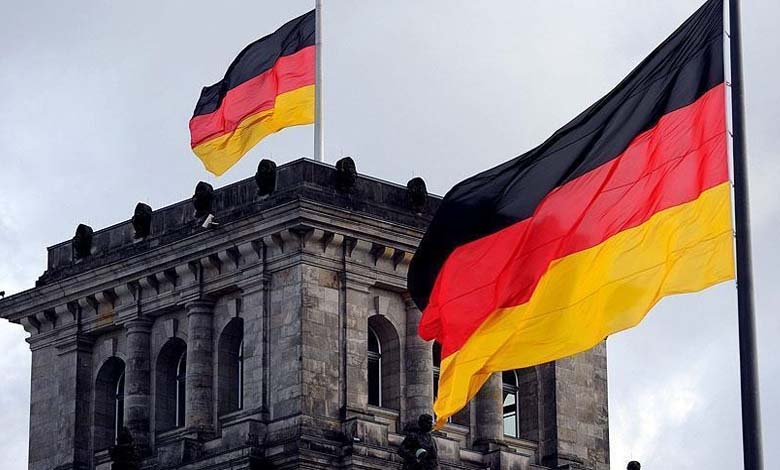Action Plan in Germany: A New Path to Counter the Muslim Brotherhood

The Muslim Brotherhood in Germany is on the verge of facing a major blow, as the government prepares to implement one of its most significant commitments outlined in the coalition agreement.
-
The Muslim Brotherhood in Germany: Infiltration Attempts Collapse under Intelligence Surveillance
-
One of the prominent intellectual references for the Muslim Brotherhood in Germany and Europe… What do you know about the Tunisian Hadi Brik?
The coalition government, made up of the Christian Union (conservative) and the Social Democratic Party (centre-left), pledged in their coalition agreement, signed a few months ago, to combat political Islam — with the Brotherhood at its core.
The agreement states: “We will combat Islamism and develop a nationwide federal action plan for this purpose… We aim to expand the task force on Islamist prevention into a permanent body within the Federal Ministry of the Interior, which will comprehensively address this phenomenon and support the implementation of the forthcoming action plan.”
-
One of the key religious leaders of the Muslim Brotherhood in Germany and Europe… What do you know about Taha Sulaiman Amer?
-
A press report reveals details of a bill to blockade the Brotherhood in Germany
The German government is preparing to launch an internal study involving dialogue with various stakeholders, with the goal of formulating a federal action plan to counter political Islam.
Sources say the upcoming plan will address all dimensions of the issue — from financing to propaganda, recruitment, and partnerships with government institutions in the education and culture sectors.
A few days ago, Christoph de Vries, State Secretary at the Federal Ministry of the Interior, expressed in press remarks his hope that the drafting process for the federal action plan will begin this coming autumn.
-
Action Plan in Germany: A New Path to Counter the Muslim Brotherhood
-
Silent Infiltration Through 50 Centers… This Is How the Muslim Brotherhood Operates in Germany
The ministry plans to involve civil groups, such as the Working Group on Political Islam (a team of researchers focused on countering the movement), in shaping the plan by preparing preliminary drafts to be discussed and used in crafting the official version.
A large network
The Muslim Brotherhood, which operates an extensive network, is regarded as the most prominent political Islamist organization in Germany.
-
The Muslim Brotherhood Network in Germany: Organizations and Operational Mechanisms
-
Germany… Is the End of the Muslim Brotherhood Near?
Its main operational arm is the German Muslim Community Organization, which serves as the Brotherhood’s public face and coordinates its network across the country.
One of the organization’s objectives is to present itself to politicians, authorities, and civil society partners as a representative of a supposedly moderate, global Islam.
The organization follows a strategy to influence Germany’s political and social spheres based on the Brotherhood’s ideology.
-
Report Warns: Muslim Brotherhood Maneuvers in Germany to Infiltrate Society and Expand Its Activities
-
ISIS and the Muslim Brotherhood under surveillance: Political Islam worries Germany
It also adopts a strategy of deception — refraining from publicly acknowledging any ties to the Brotherhood or making anti-constitutional statements. However, the many documented contacts between senior members of the German Muslim Community and well-known Brotherhood leaders abroad clearly indicate that the group active in Germany is part of the Brotherhood’s global network.
Currently, around 50 Islamic centers work closely with the organization, along with many affiliated mosques and prayer spaces.
-
Bill Before Parliament… Will Germany Ban the Muslim Brotherhood?
-
Strike every year… Germany besieges extremists and tightens the noose on Iran and the Muslim Brotherhood by banning their activities












